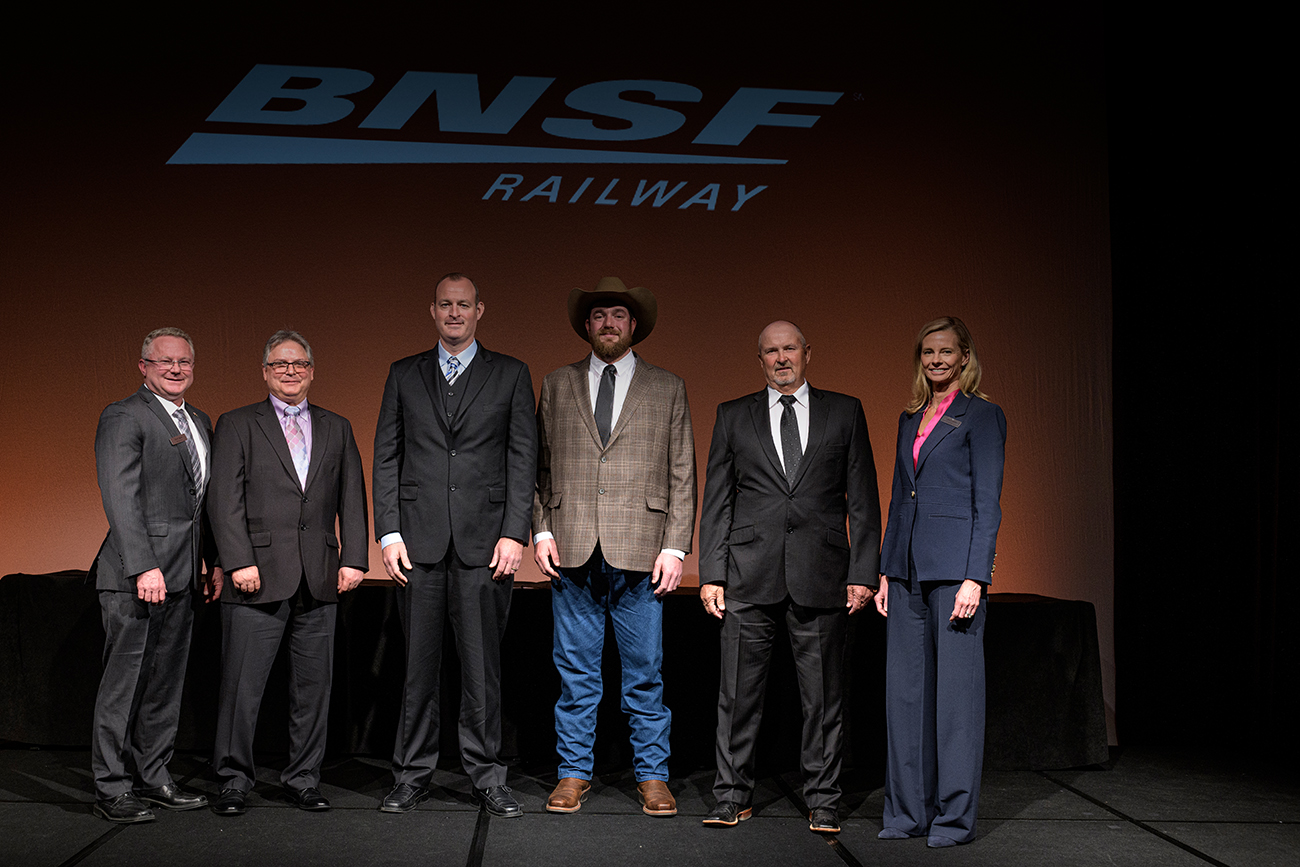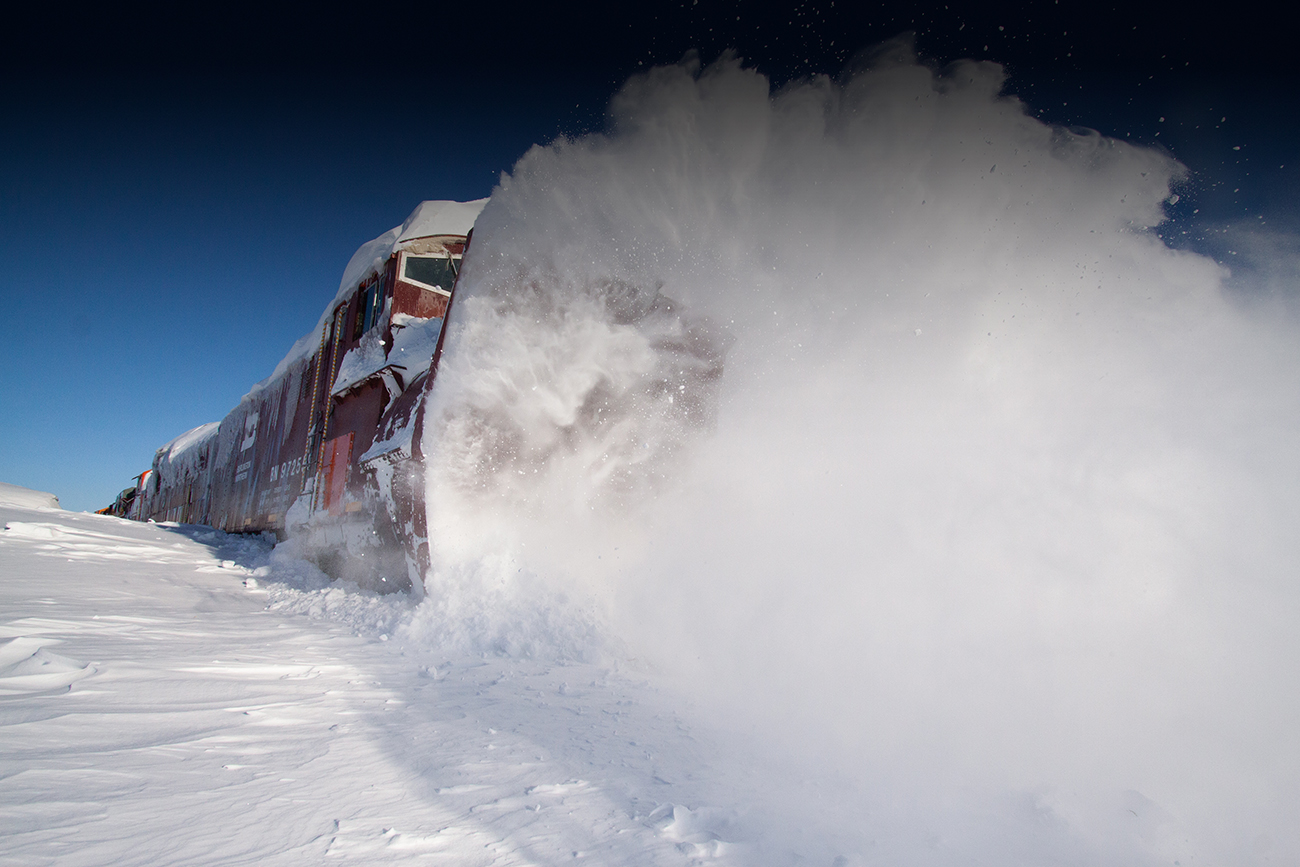How to make summertime a safer time
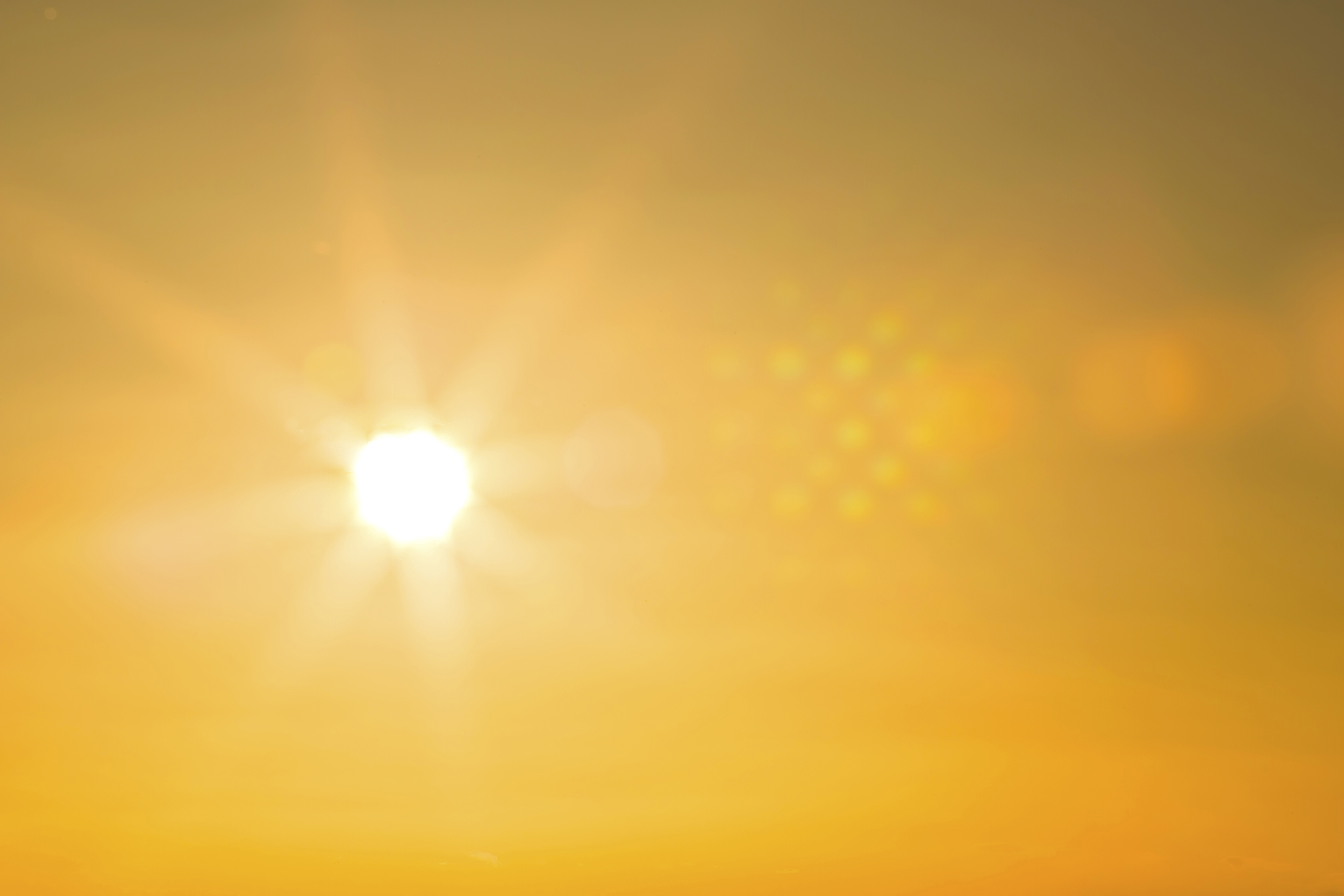
Vacations, baseball, picnics and snow cones are on the long list of summer bests. On the not-so-fun flip side: triple-digit temps and sunburns.
Summer, for good or bad, is one of BNSF’s busiest times, especially for our employees in the field, who often perform their duties in or near outdoor environments.
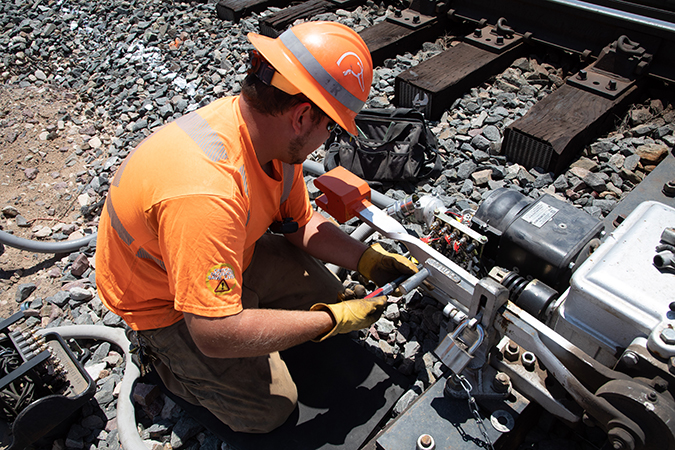
Our Transportation teams work in yards and on mainlines across our network. Mechanical employees maintain railcars and locomotives in open air repair facilities and outdoors. Engineering crews build and maintain tracks, signals and structures in all climates. That’s why preventative measures are so important; these employees, like everyone, want to stay safe and healthy to enjoy their summer fun when off duty. And many of the precautions they take make sense for everyone who’s going to be out in the heat, for whatever reason.
“Not only are these the warmest months of the year, but there are distractions, such as school being out and family vacations,” Mark Schulze, vice president, Safety, Training & Operations Support, said. “Our Operations employees know they need to be extra vigilant as historically more of their injuries happen between May and August, a period known as Summer Spike.
The first step in keeping healthy and safe in any job or season is knowing the exposures, Schulze said.
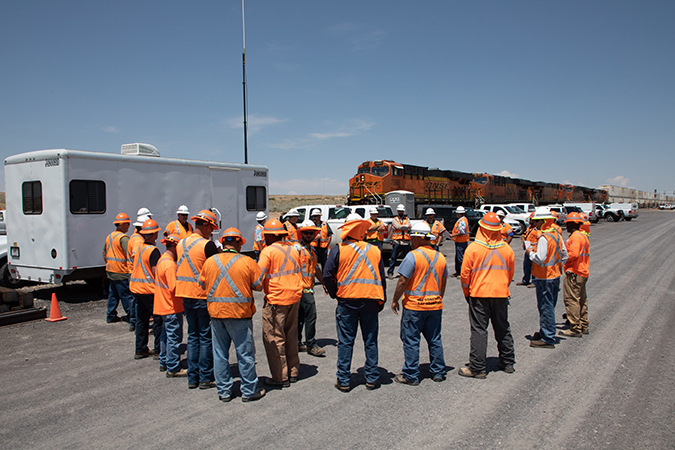
“Our folks start every shift with a Job Safety Briefing to identify exposures and discuss ways to mitigate them. As their work progresses and their tasks or situational circumstances change, they pause to rebrief,” he added. In the summer, that means taking time to recognize the potential stress that high temperatures put on the body. Heat-related illnesses like heat stroke can be life-threatening.
Summer tools
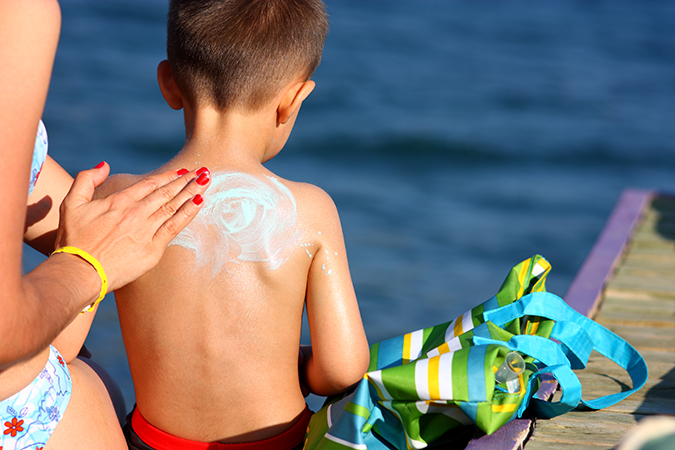
For anyone who works or plays in the heat, keep in mind some of the proactive safety measures our employees take:
- When possible, start the day early when temperatures are lower. As the mercury rises, stay hydrated; BNSF provides freezer pops, sugar-free sports drinks and bottled water to our crews.
- Wear sunscreen with a sun protection factor (SPF) of at least 15 and one that protects against both UV-A and UV-B rays. Apply at least one ounce (a palmful) of sunscreen and reapply every two hours.
- Wear light-colored, loose-fitting clothing, and a hat or bandana. Try using cooling towels, headbands or vests.
- Water is critical. Working in direct sunlight, during peak exertion and/or during the hottest part of the day is when the body needs the greatest amount of water. Drink eight 8-ounce glasses of water a day, drinking small amounts of water often. And get water into your system before you start feeling thirsty, because once you feel thirsty, dehydration has already set in.
- Avoid sugary and caffeinated drinks such as soda or coffee, which can be dehydrating. Minimize alcohol consumption several days before exposure to hot, humid weather. Alcohol promotes the loss of water from the body and contributes to dehydration.
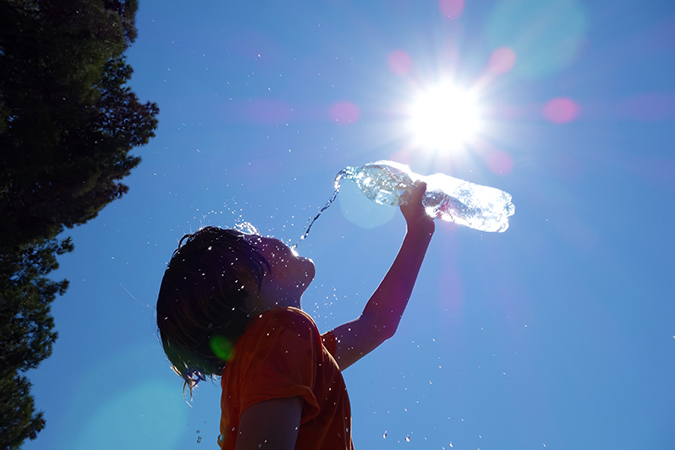
Know the signs
Know the signs and symptoms of heat stress, which refers to a variety of potential health problems that may occur if the body’s interior temperature rises too high:
- Heat Cramps: Loss of water from key muscles may result in muscle cramps, particularly in large muscle groups such as the legs, abdomen and back. While painful, heat cramps are not life threatening.
- Heat Exhaustion: This serious condition is characterized by extreme fatigue, nausea and cramping. A person will exhibit pale, clammy skin, heavy sweating and an elevated pulse. If not addressed, heat exhaustion may progress to heat stroke.
- Heat Stroke: This is a life-threatening condition. A person with heat stroke will show mental confusion, the inability to speak clearly or may be unconscious. Their skin will appear hot and dry. Seek emergency assistance immediately. Victims can be cooled with water or with wet towels. Do not soak them in ice as this can induce shock.
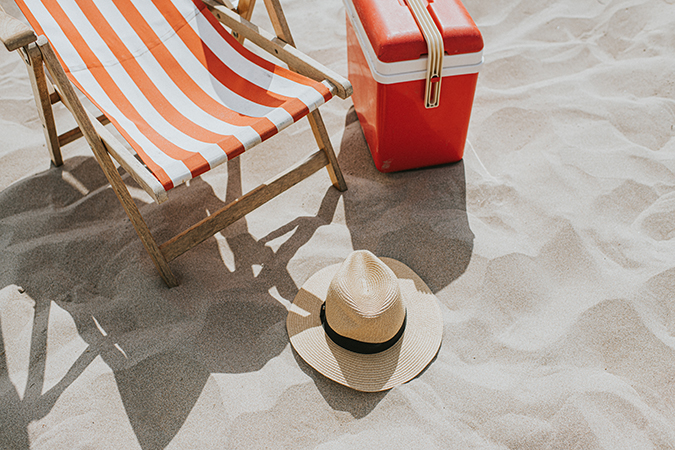
Don’t let the effects of summer heat get in the way of your fun. Remember to know your exposures to keep yourself and your family safe to make the most of summer -- because we all know it will be gone too soon.
